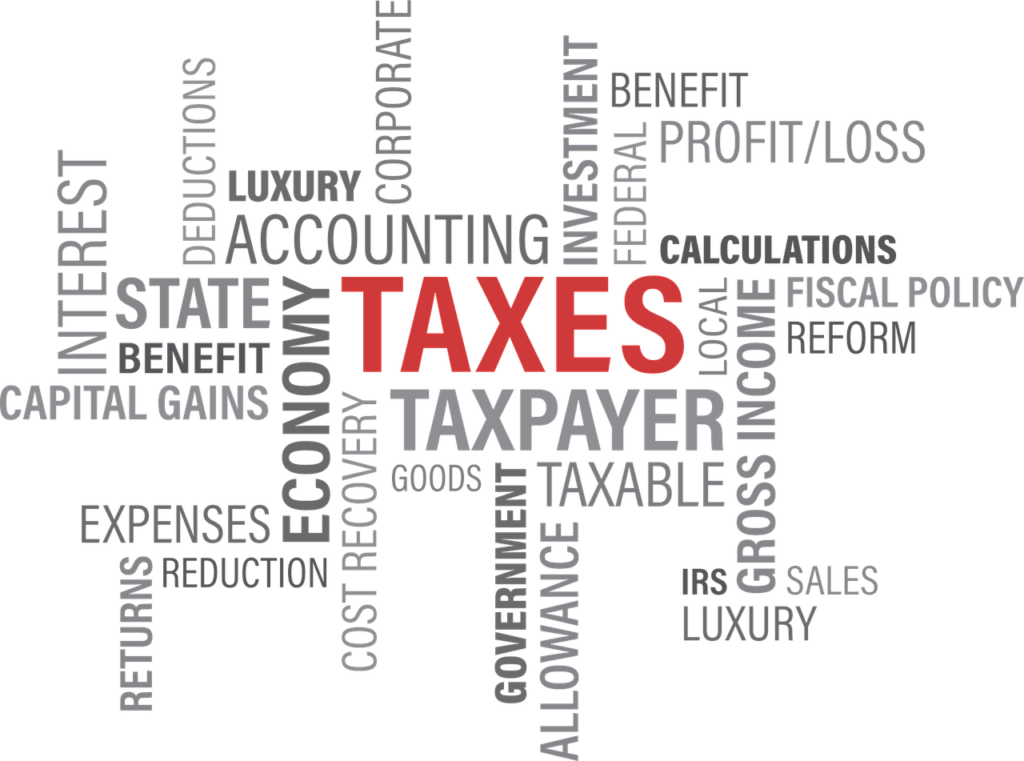Operating and growing a business is a full-time endeavor. There’s no reason for business owners to take on the responsibilities of another job when there are highly-trained professionals available who have the training and experience required to do so in an exemplary manner.
Time
One of a business owner’s most valuable assets is time. When individuals find themselves expending as much time working on the books as they do their business, it’s time to hire a bookkeeper. When individuals are overwhelmed and don’t have sufficient downtime, errors creep in and the business will suffer.
Receipts and Transactions
There are untold transactions that take place every day in the course of conducting business. Maintaining accurate records is essential for any business. Losing track of receipts, invoicing, employee-related expenses, and even when insurance is due opens the door to errors that can cost a business far more than the expense of hiring a bookkeeper.
Paying Penalties
There are numerous state and federal reports and taxes that must be filed each year, along with deadlines for submitting that information. Failure to do so results in financial penalties that increase the longer they go unpaid. Any business owner that finds themselves paying fines and facing penalties needs to hire a bookkeeper as soon as possible.
According to the IRS, approximately 47 percent of the penalties it collects is due to filing delinquencies. A bookkeeper can assist in eliminating that problem and help clients keep that money within their business.
Profits aren’t Increasing
Over time, business owners expect to see an increase in profits. Without accurate records, there’s no way to discern if advertising is working, if the business is acquiring new customers, areas of inefficiencies, and where the company is losing money. A bookkeeper can help determine that and assist individuals in maintaining their cash flow.
Planning for the Future
Eventually, every business owner wants to expand their business. Individuals may want to apply for financing or achieve a specific goal by a certain time. The services of a bookkeeper will show business owners where their finances stand at any point in time so they can accurately plan for future growth or even retirement.
At Peavy and Associates PC our mission is to assist you with all your tax preparations, payroll and accounting needs. We provide our clients with professional, personalized accounting services and guidance in a wide range of financial and business needs. Give us a call today and discover why our clients return to Peavy and Associates, PC year after year!










